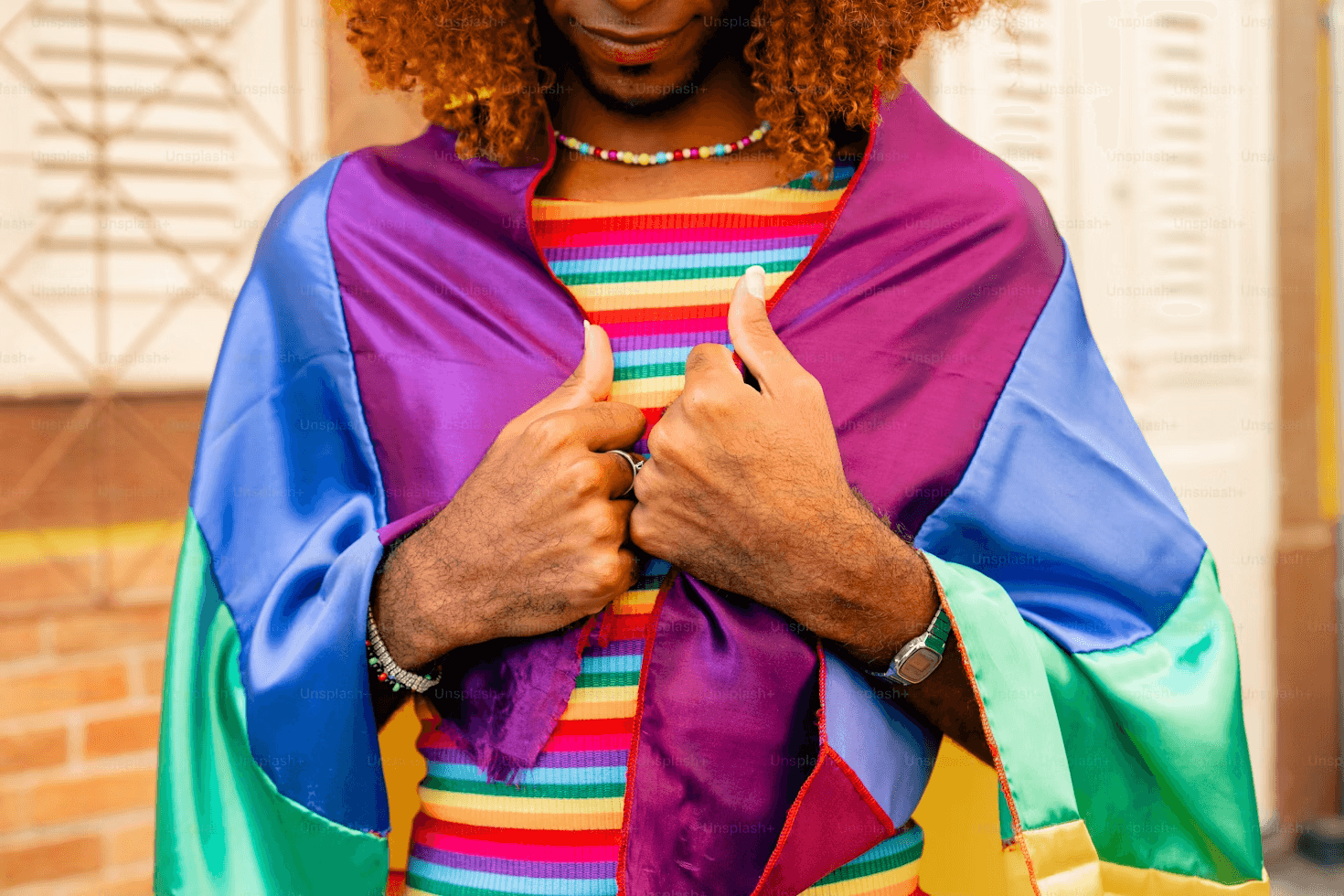 KEEPING THE HUMAN SPIRIT ALIVENov 4, 2025
KEEPING THE HUMAN SPIRIT ALIVENov 4, 2025English
Español
 KEEPING THE HUMAN SPIRIT ALIVENov 4, 2025
KEEPING THE HUMAN SPIRIT ALIVENov 4, 2025
It is undeniable that being gay in Africa presents many challenges. Homophobia remains widespread in many parts of the continent, often influenced by a combination of cultural and historical factors (Worldcrunch, 2024). Addressing these issues, however, requires a nuanced and respectful approach. History reminds us that over a century ago, European missionaries introduced the notion that homosexuality was sinful. Today, a different message resonates across Africa—promoted by Western countries and international organizations—asserting that homosexuality is natural and that punishing it is unjust. While history warrants acknowledgment of past mistakes, the focus now should be on fostering mutual understanding and collaboration.
Even within Western countries, the journey toward acceptance and equality is ongoing. Hate crimes against LGBTQIA+ individuals have risen in recent years. A 2023 survey by the European Union Agency for Fundamental Rights (FRA) revealed that 14% of LGBTQIA+ individuals in the EU experienced physical or sexual attacks in the five years preceding the survey, up from 11% in the previous survey (Reuters, 2024). Additionally, ILGA-Europe’s Annual Review 2023 highlighted a rise in anti-LGBTI hate and violence across Europe and Central Asia, noting that 2022 was among the most challenging years for LGBTQIA+ people in recent history (ILGA-Europe, 2023). While legal milestones, such as Italy's legalization of same-sex unions in 2016, mark progress, they do not automatically translate to societal acceptance or safety for LGBTQIA+ individuals.
In Africa, the dynamics surrounding LGBTQIA+ rights are shaped by unique historical and cultural contexts. While conservative views remain widespread, they do not always equate to intolerance. Many individuals, even in traditional or remote settings, embody a natural understanding of compassion and the core values of religious teachings, despite limited formal education. A friend of mine, whom I met in France during the pandemic, grew up in a small village in Guinea and fled to France as a refugee, fearing religious persecution. Despite being raised in a community where homophobia was ingrained and taught as sinful, he has grown into someone who is remarkably open-minded and accepting of people as they are.
The issue of Western double standards in addressing LGBTQIA+ rights has been widely discussed. However, fostering progress requires recognition of historical complexities and an understanding that each community is best positioned to determine its path forward. As the Rwandan proverb reminds us, “Ijoro ribara uwariraye, cyangwa ngo agahinda k’inkoko kamenywa n’inkike yatoreyemo”-“We are teaching you history, but you are the ones who know better the situation, your own history” (Uwihoreye, 2022). This wisdom underscores the need to empower local voices and respect lived experiences, which often reveal truths overlooked by external narratives.
The more societies isolate themselves from one another or view history as separate from the present and future, the more fragmented and disconnected they become. The past, present, and future are intertwined, offering lessons for collective growth and understanding. Africa faces a challenging journey toward broader acceptance and celebration of the LGBTQIA+ community. However, progress in this area will not only benefit LGBTQIA+ individuals but also foster collective healing and solidarity. True inclusivity is achieved not through external intervention but through collaboration, humility, and the recognition of shared humanity.
Dat Nguyen is a Vietnamese-born human rights advocate who currently resides in Iqaluit, Nunavut, Canada, where he works with Inuit communities to promote cultural resilience and social justice. With experience spanning Western Europe, East Africa, and the Canadian Arctic, his expertise includes cross-cultural empathy tools through creative approaches. Dat is currently pursuing a Master’s in International Development, specializing in Conflict and Security, at the University of Birmingham, UK, integrating academic insights with field experience in his research. As a writer and visual storyteller, Dat approaches his art as a deeply personal pursuit, drawing inspiration from postmodern and transnational movements. His work reflects themes of identity, impermanence, and cultural dialogue, embodying his commitment to exploring the intersections of advocacy and art to drive meaningful social change.
References
*ILGA-Europe. (2023). Annual Review of the Human Rights Situation of Lesbian, Gay, Bisexual, Trans, and Intersex People in Europe and Central Asia. Retrieved from https://www.ilga-europe.org/press-release/deadliest-rise-anti-lgbti-violence-decade
*Reuters. (2024). LGBTIQ people in EU face less discrimination, more violence, survey finds. Retrieved from https://www.reuters.com/world/europe/lgbtiq-people-eu-face-less-discrimination-more-violence-survey-finds-2024-05-14/
*Uwihoreye, C. (2022). Seeking to live more peacefully with painful histories. International Journal of Narrative Therapy and Community Work. Retrieved from https://dulwichcentre.com.au/wp-content/uploads/2023/04/Uwihoreye_SeekingToLiveMorePeacefullyWithPainfulHistories_IJNTCW_20223.pdf
*Worldcrunch. (2024). Homophobia in Africa: An Enduring Battle Rooted in History. Retrieved from https://worldcrunch.com/lgbtq-plus/homophobia-in-africa
Dat Nguyen Artistic website
Artist Cover Photo: Molly the Cat Available for hire (here)